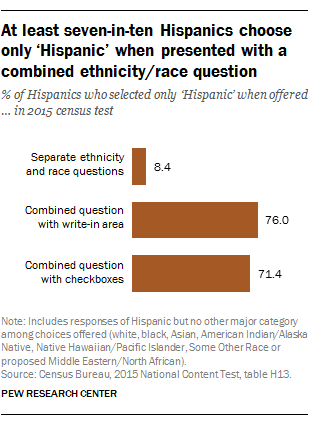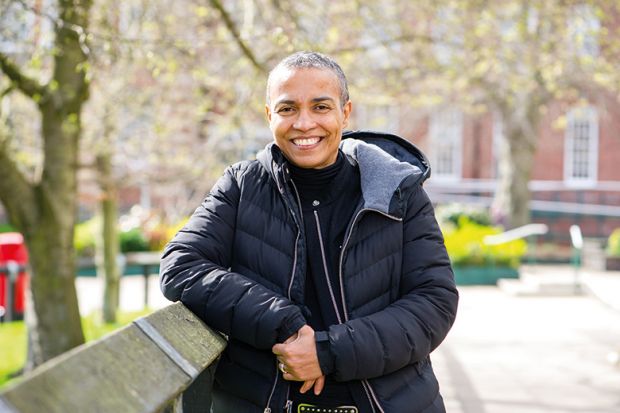Know Your Black History: Deconstructing the Quadroon BallPosted in Articles, History, Louisiana, Media Archive, United States, Women on 2017-04-30 21:03Z by Steven |
Know Your Black History: Deconstructing the Quadroon Ball
Afropunk
2016-10-27
Nick Douglas, AFROPUNK Contributor
 “The swooning woman of color” This was an advertisement from 1858 New Orleans and is the first proof I had ever seen of a Quadroon Ball. I had never come across any proof that these balls actually happened. I fully believed these balls were the creation of Southern white male fantasies about needy, swooning, sexual women of color hoping to have the opportunity to have a relationship with them—i.e., a white male privilege fantasy. But as I looked in wonder at the very first proof I had ever seen of a Quadroon Ball, everything about the advertisement struck me as wrong and contradicted every bit of history I knew about New Orleans and Louisiana society. Then I did something that too few consumers of history do: I began deconstructing the advertisement in the context of the history of Louisiana and New Orleans. When I did this it crushed and destroyed the mythical ideals behind Quadroon balls. |
“Quadroon” Referred to women of color whose ancestry was supposedly mixed with only one quarter black blood. The term was popularized by President Jefferson, a slaveholder who never arranged to free his own black children, borne by his slave Sally Hemmings, or any of the other 200 slaves he held at his death.
Grand, Fancy, Superior” In the myth of Quadroon Balls women of color attended lavish dances with the hope of forming a plaçage relationships with eligible white men. But the historic practice of plaçage relationships between white men and free women of color were legally binding contractual agreements, drawn up in the presence of a notary public. In these arrangements for monogamous or extramarital relationships, women were typically set up with a house and income, and any children were financially provided for by the white father. Americans had outlawed marriages between races and made it very difficult for children of color to inherit from their colonial fathers. Plaçage agreements were a logical alternative; couples also simply cohabited.
Free women of color in Louisiana were a powerful group in their own right…
Read the entire article here.






